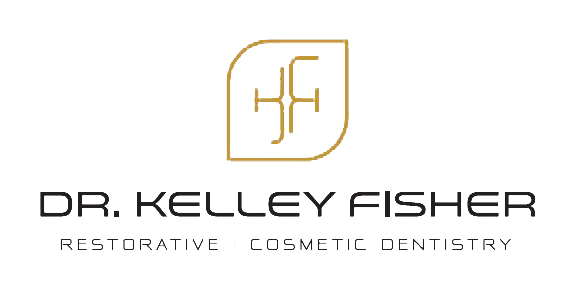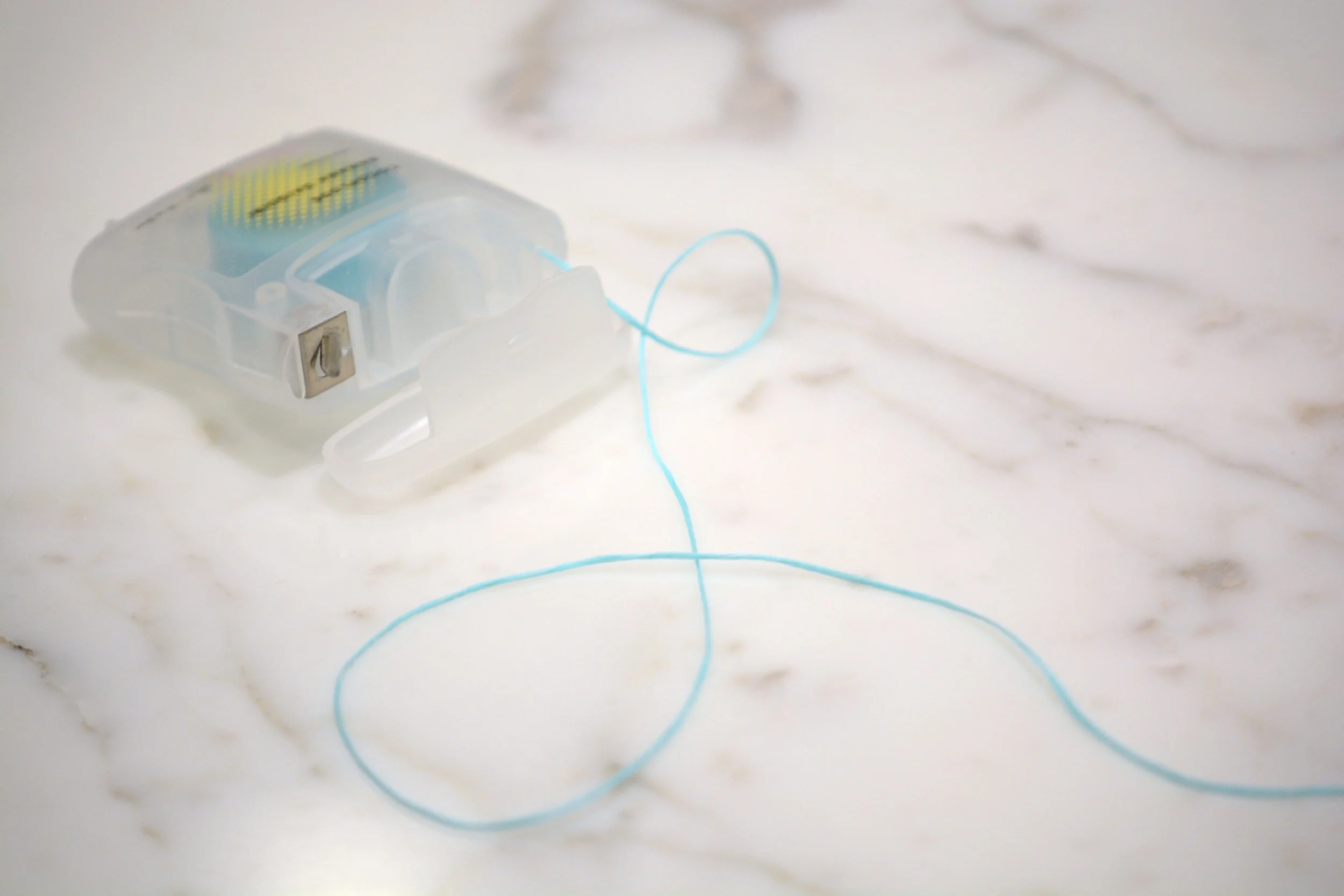Dental Floss - Do I Really Need to?
It’s a question we get asked by almost every new patient that comes into our office. “Do I really need to Floss”? The short answer is YES! But let’s look into the “why’s” of why flossing is sooo important to maintaining your oral health.
The Basics of Dental Care:
Before we embark on the flossing journey, let's establish a foundation of dental care. Brushing your teeth, a practice ingrained in most people since childhood, is undoubtedly crucial for maintaining oral health. Regular brushing helps remove plaque, a sticky film of bacteria, from the surfaces of your teeth. However, it's essential to recognize that brushing alone may not reach all the nooks and crannies between your teeth.
The Hidden Havens:
Our teeth are not simple, flat surfaces. They are intricate structures with spaces between them that can be challenging to reach with a toothbrush. This is where flossing plays a pivotal role. Dental floss is designed to slide between teeth, removing debris and plaque that brushing might miss. These hidden havens between teeth are notorious for harboring bacteria that, if left unchecked, can lead to various oral health issues.
- Preventing Gum Disease: One of the most compelling reasons to floss is its role in preventing gum disease. Gingivitis, an early stage of gum disease, is characterized by inflammation and bleeding of the gums. If not addressed, it can progress to more severe forms of gum disease, causing irreversible damage to the gums and supporting structures of the teeth. Once our gums are lost, there’s nothing we can do to get them back.
- Preventing Bone Loss: In addition to keeping your gums healthy, healthy gum maintenance prevents bone loss. When our gums are unhealthy, they begin to recede. As they recede, the bone in our jaws begins to recede as well. If left unchecked, this bone recession eventually causes teeth to become loose and weak and eventually causes patients to lose the entire tooth. If there is no bone to support the tooth and hold it in place, the tooth eventually just falls out. If you want to keep your teeth for your lifetime, preserving the bone in our jaw is imperative.
- Cavity Prevention: While cavities often form on the chewing surfaces of teeth, they can also develop between teeth. Flossing aids in removing food particles and plaque from these interdental spaces, reducing the risk of cavity formation. When combined with regular brushing and dental check-ups, flossing becomes a formidable weapon in the battle against tooth decay.
- The Relationship with Fresh Breath: Beyond disease prevention, flossing can also contribute to maintaining fresh breath. The removal of trapped food particles and bacteria between teeth reduces the chances of bad breath, providing an additional incentive to make flossing a regular part of your oral care routine.
We understand… most of our patients don’t like to floss. It’s an extra step they need to add to their already busy lives. But, it really can’t be overlooked. Spending 30 seconds every evening will do a world of difference in giving you a healthier mouth. Short term, it will keep you from getting cavities and will give you fresher breath. But the long term effects of flossing are the foundation for keeping healthy gums and bone, and keeping your teeth for a lifetime. So, “do I need really need to floss”? YES!!!!! Get in the habit now and you’ll thank us in the long term with a smile that lasts a lifetime :)


